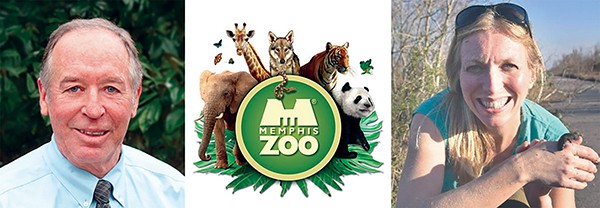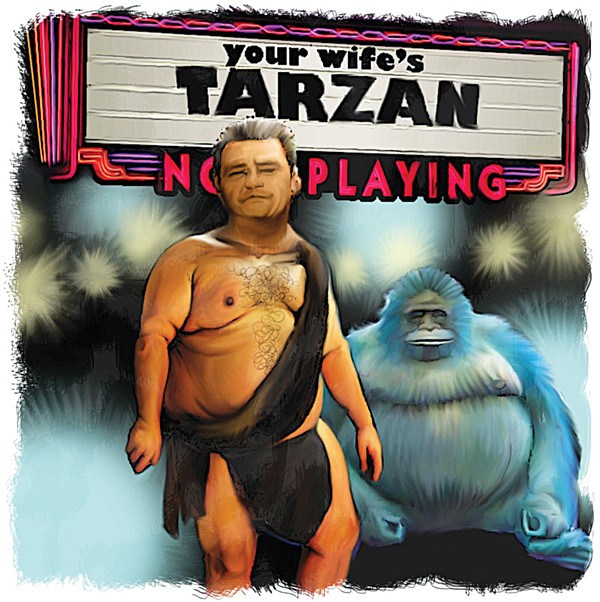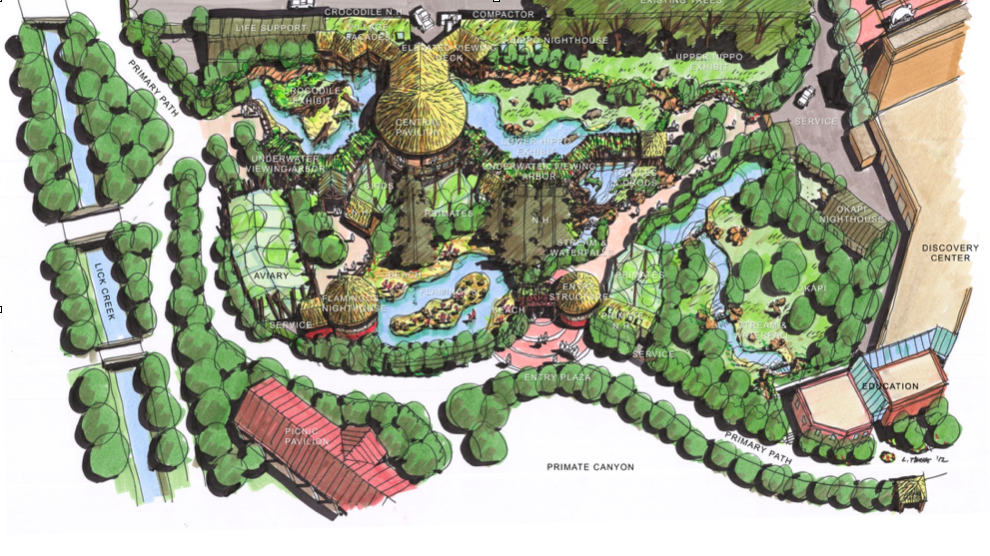Let us hearken now to those halcyon days of 2016, back to the difficult final months of the Great Battle of the Greensward. For those of you new to the history of the Kingdom of Memphis, let me share the tale: The Memphis Zoo — led at that time by a rather intransigent fellow named Chuck “You and the Horse You Rode In On” Brady — had begun to allow increasing numbers of cars to park on the Overton Park Greensward, a large, flat, grassy field used by park patrons for Frisbee football, soccer, picnics, and the occasional drum circle.
Over several years, the zoo kept expanding its parking footprint, finally going so far as to set up temporary fencing across the middle of the Greensward — usually on nice weekend days. On one side of the fence were people doing the aforementioned park things. On the other side were cars, SUVs, trucks, and the occasional bus, which left dead grass, mud, and deep, rutted tire tracks in the Greensward, rendering it useless for recreation even when it wasn’t being parked on.
Things started getting really heated in 2014. Park lovers formed groups: Get Off Our Lawn (GOOL) and Citizens to Preserve Overton Park (CPOP). Activists stood on nearby street corners urging zoo patrons to park on nearby streets, rather than despoiling the Greensward. Aerial photographs were taken that showed just how much of the people’s parkland was being taken over by a private entity. The pictures got national attention. Protestors were arrested. Houses all over Midtown bore signs urging Memphis to save the Greensward. Then the zoo cut down some trees. Some activists threatened to begin spray-painting cars. A zoo sign at the park entrance was defaced. Things were tense.
And then, in the winter of 2016, newly elected Mayor Jim Strickland managed to get both sides into mediation. After months of costly negotiation, a compromise was struck. The zoo would be allowed to enlarge its lot to 415 spaces, taking some of the Greensward, but with the great majority of the land being preserved. The zoo subsequently announced that it would build a parking garage on nearby Prentiss Place and wouldn’t need to expand its lot. Huzzah! Parking on the Greensward was a thing of the past. Peace reigned in the Kingdom.
At least it did until last Friday night at 5:06 p.m., when the zoo and city issued a joint press release stating that the Prentiss garage project was being scrapped because it was too expensive and that the zoo would go back to the lot-expansion plan, and, oh, while it was being expanded, the zoo would once again be letting its customers park on the Greensward. Enjoy your weekend. Nothing to see here.
This is some seriously tone-deaf policy and very stupid politics. The zoo has amply demonstrated over the past five years that it can operate without parking on the Greensward. The zoo has also amply demonstrated that it has the resources to raise millions of dollars from its patrons and funders. Now it can’t afford a parking garage? There’s an aroma of fish here. You don’t do a Friday night news dump unless you know you’re doing something that doesn’t bear scrutiny in the light of day.
Activists are already meeting and planning. This move is not going to play well with those who went through all this drama five years ago. And I need not remind those who’ve lived here a while that Overton Park has been under assault before, and that its supporters (then derided as “little old ladies in tennis shoes”) once managed to defeat the mighty U.S. government when it announced plans to split the park with Interstate 40 more than 50 years ago. Overton Park is the only place in the country where I-40 was stopped and forced to take a detour.
The force is strong in this place, this Old Forest, this people’s park. There is a history here, and the Memphis Zoo and the city of Memphis would be wise to take a cue from it.

 Memphis Zoo/Twitter
Memphis Zoo/Twitter  Memphis Zoo
Memphis Zoo  Greg Cravens
Greg Cravens 

 Greg Cravens
Greg Cravens  overtonpark.org
overtonpark.org 
 The Memphis Zoo
The Memphis Zoo